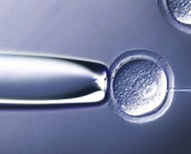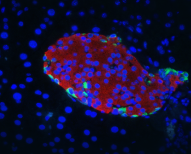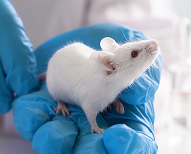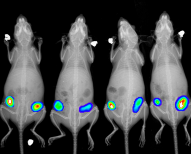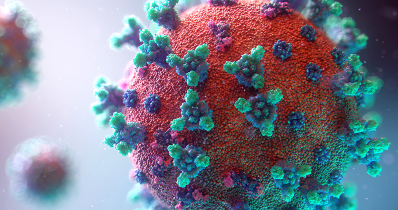
understanding
of the genetic basis for
human diseases
What can we help you with
Testimonials
“After several unsuccessful gene targeting in mouse embryonic stem cells, using traditional methods and also CRISPR/Cas9, we approached CCP Transgenic Unit to help us to create a mouse model with single nucleotide exchange in the gene of our interest. They created the strategy, optimized conditions, injected mice and in four months we received first chimeras and in few weeks got germ line transmission. For very reasonable price. Perfect!”
Lucie Lanikova
Palacky University Olomouc
“I was most impressed by the professionalism, cooperativeness, efficacy and technical competence of the CCP staff. Thanks to their expertise and cutting-edge technologies for constructing knock-out and transgenic mice, their skill in phenotyping technologies and scientific insight, our collaborations at CCP enabled us to move our projects a new level of scientific relevance. It is a real pleasure to have such a supportive and invaluable expert partner involved in your work.”
Peter Sebo
Institute of Microbiology of the Czech Academy of Sciences, Prague
“My group has been collaborating with and using services of the Czech Centre for Phenogenomics (CCP) since it was established. Thanks to CCP’s excellent expertise and adoption of the newest technologies, we were able to obtain many mouse models using TALEN and, later, CRISPR technologies. I also highly value CCP’s assistance with phenotype analysis, particularly with complex novel phenotypes where their expertise and advice helped us a lot to understand biological roles of studied genes.”
Petr Svoboda
Institute of Molecular Genetics of the Czech Academy of Sciences, Prague
“I am most deeply impressed by the professionality of the CCP. Specifically, the interaction with your colleagues, who analyze our ARHGAP11B-transgenic mice, has been a real pleasure. It is clear to me that your colleagues are top-notch experts. I think you should be proud of the CCP that you have built up! It certainly is a world-class center!”
Wieland B. Huttner
Max Planck Institute of Molecular Cell Biology and Genetics, Dresden
“We closely collaborate with the CCP for over four years and we have had only the best experience. Together we generated multiple mouse models of inducible and tissue-specific mitochondrial deficiency, which took our research to a whole new level. Everyone at the CCP has always been very helpful whenever we needed advice or practical help. We are happy to have the opportunity to work together and we plan new challenging projects for the future.”
Jakub Rohlena
Institute of Biotechnology of the Czech Academy of Sciences
“We established a collaboration with the CCP for a knock-out mouse model. They are highly professional and cooperative and offer a wide range of detailed analyses that have enriched the quality of our project. In our case, the gene they deleted is a noncoding RNA (ncRNA), and although the functionality of this class of genes is poorly characterized and their phenotypic analyses can lead to non-canonical outputs, they immediately join this challenging project with dedication and carefulness. We also had the opportunity to visit the institute, and we were positively impressed to see such a fully equipped facility. Highly recommended!”
Monica Ballarino
Sapienza University of Rome
“The sperm arrived safely today. Thanks for this excellent and smooth service! I’ve never had a frozen sperm order dealt with so fast.”
Tino Hochepied
VIB-Ugent Center for Inflammation Research, Ghent, Belgium
“My research group has been in close contact with CCP for more than 5 years. Their excellent assistance with the mouse models has been essential for several high profile studies we have published in the last two years. Currently, we are analyzing together novel mouse knockout strains with the exciting phenotype. I very much appreciate CCP expertise in the phenotyping of both embryonic as well as adult mice. We would not be able to get that far without their help.”
Vitezslav Bryja
Masaryk University, Brno
From our Twitter
Latest News
Two CCP members joined COST Actions
Jan Rozman joined the new COST Action CA20135 – Improving biomedical research by automated behaviour monitoring in the animal home-cage. The Action will assess the potential of these technologies, develop user guidelines and standard operating procedures and identify needs for further technological development. CCP will bring knowledge in preclinical testing in the stroke research field…
Join the ‘Mouse Genetics and Genomic Medicine’ Conference free of charge
The ‘Mouse Genetics and Genomic Medicine’ is a virtual conference organised by the International Mouse Phenotyping Consortium – IMPC (https://www.mousephenotype.org) to celebrate the occasion of the 10th anniversary of the establishment of the IMPC. The conference is hosted virtually on 23-24 September 2021 Registration is free for all participants. For more informatio visit the conference…
Covid-19 mouse models available at CCP
Ace2 knock-out model A number of promising COVID-19 therapies is focused on targeting the Ace2 receptor. Thus, it is desired to evaluate: the potential of Ace2 blocking to prevent viral entry into the cells unwanted off-target effects caused by Ace2 deficiency. Ace2 deficient mutant mice provide an excellent tool for these types of experiments. Tmprss2…
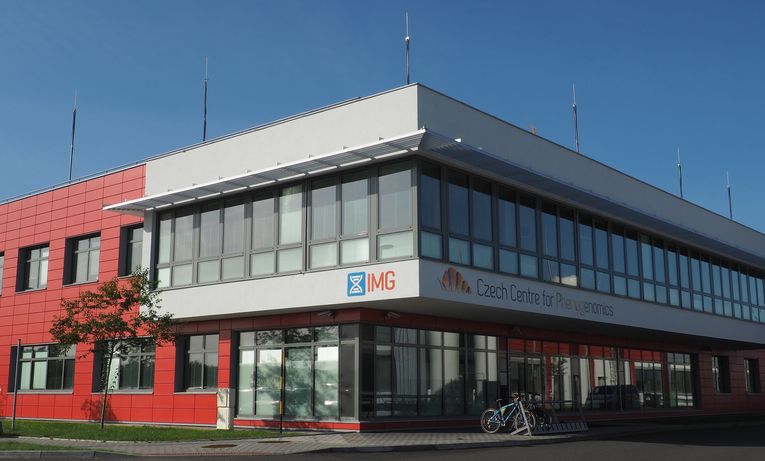
About Czech Centre for Phenogenomics
Genetically modified mouse models have become a key tool in basic and biomedical research. The ability to engineer the mouse genome has greatly transformed biomedical research in the last decade. Crucial for this technology is the ability to control the expression of genes of interest. It is possible to increase or decrease gene expression, or eliminate the expression of a gene completely.
Transgenic and gene knockout/knockin technologies have become important experimental tools for assigning functions to genes at the level of whole complexity of organism, creating models of genetic disorders, evaluating effects drugs and toxins, thus helping to answer fundamental issues in basic and applied research.
